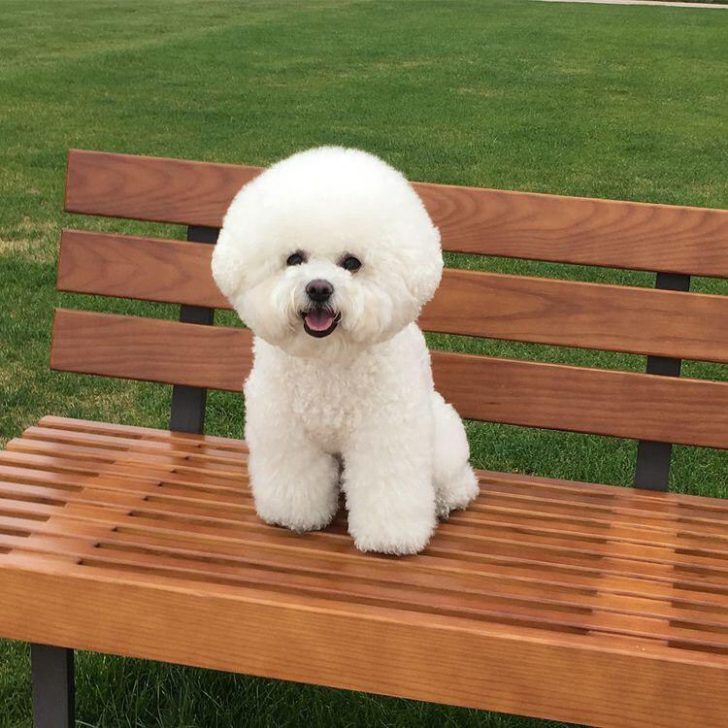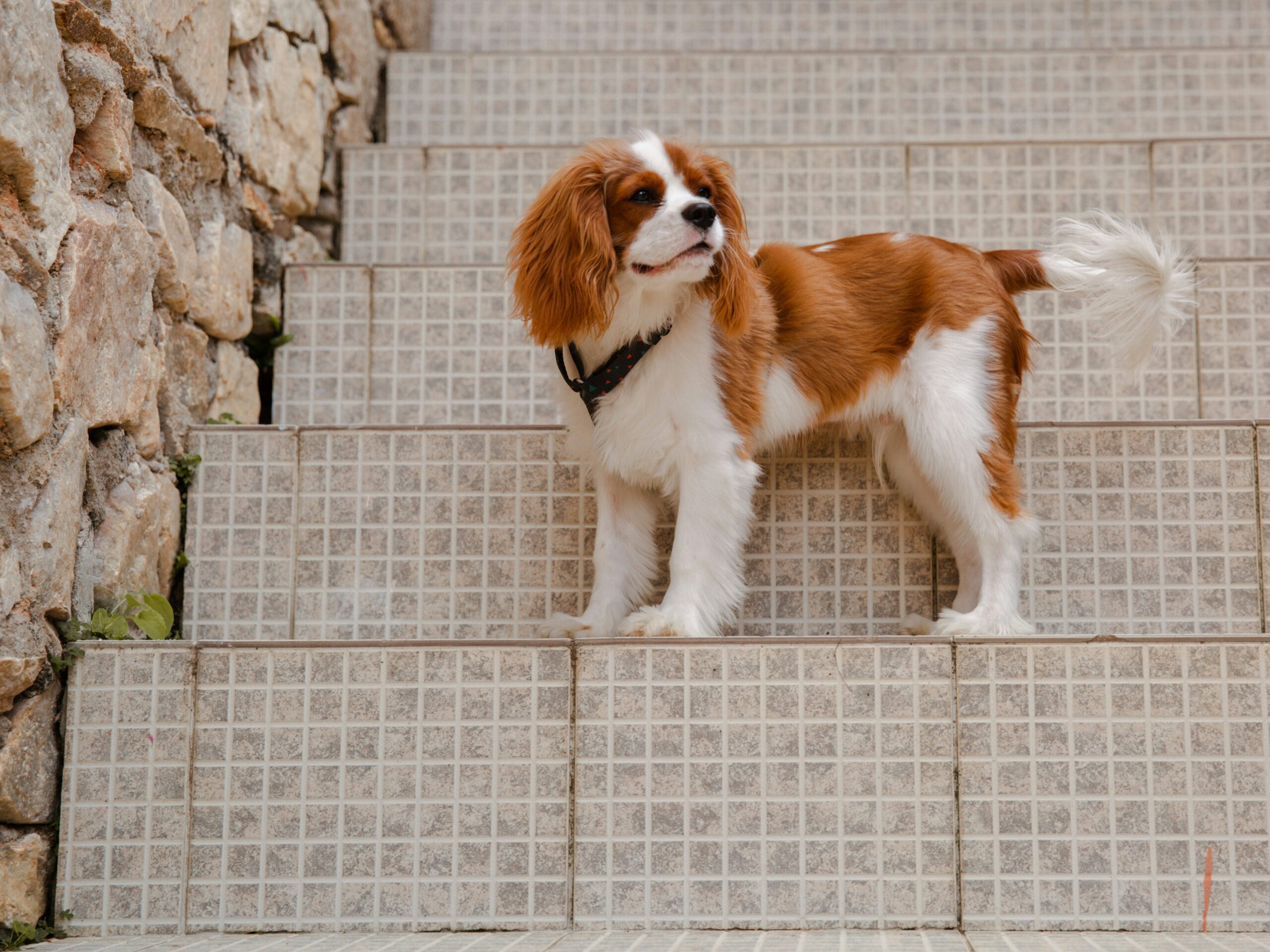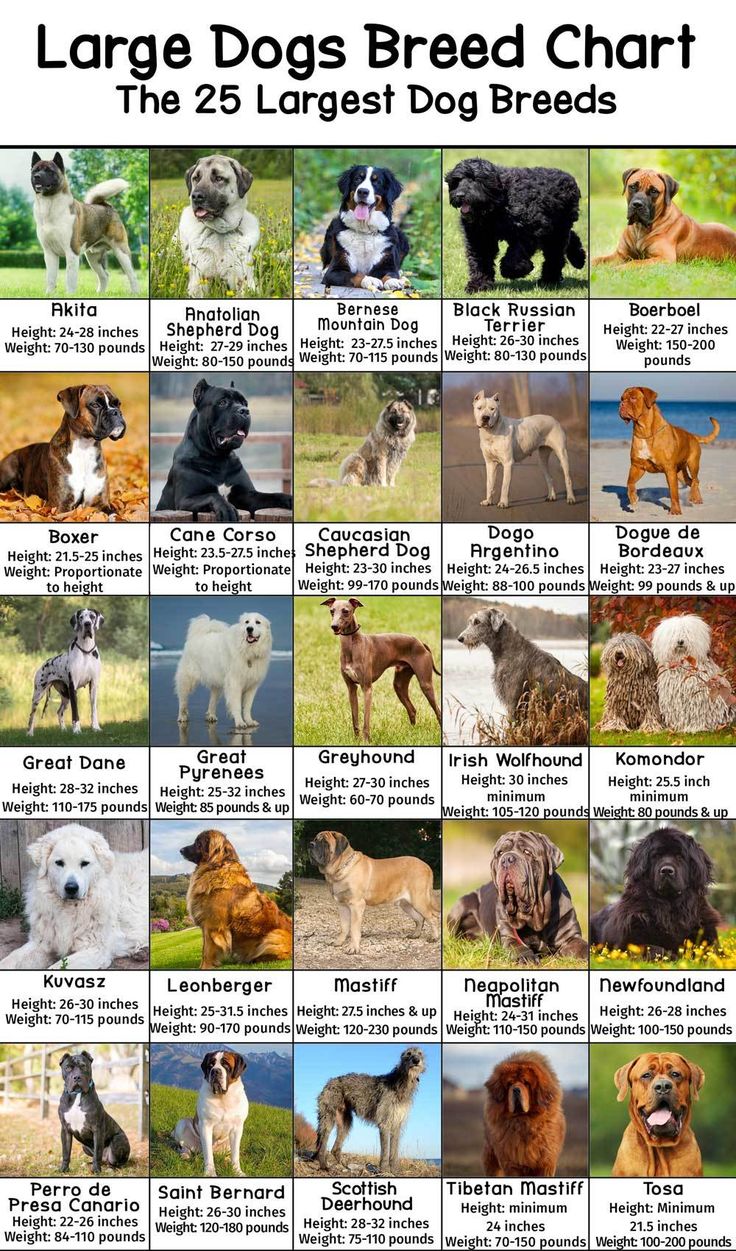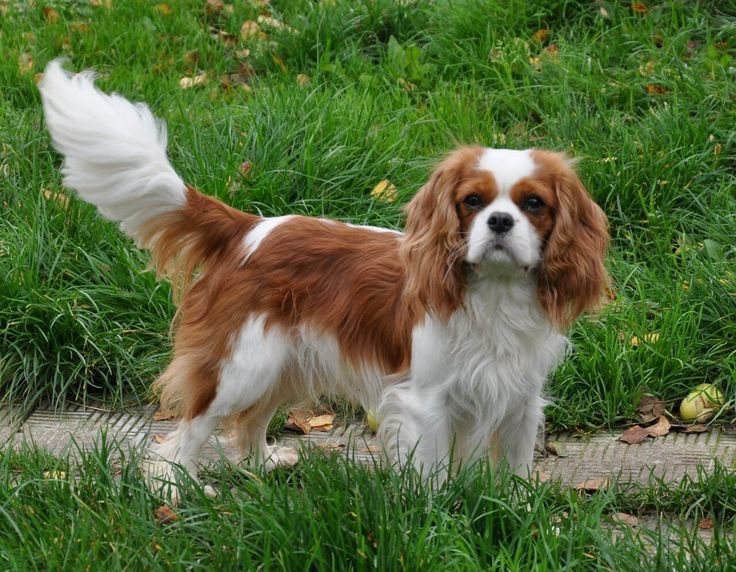The small dog breed of Bichon Frise is known for its friendly temperament and hypoallergenic white coat. Understand this companion dog before bringing one home.
- Statistics
- Bichon Frise
- Quick Facts
- Adaptability
- Characteristics
- Bichon Frise History
- Bichon Frise Size
- Temperament
- Bichon Frise as Family Pet
- Lifespan
- Training Guide
- Bichon Frise Exercise Needs
- Bichon Frise Grooming Tips
- Bichon's Diet and Nutrition Guide
- Bichon Frise Hypoallergenic Qualities
- Health Issues
- Bichon Frise Puppy Care
- Pros and Cons of a Bichon Frise
- Summary
- FAQs
Statistics
| DOG BREED GROUP | Companion Dogs |
| HEIGHT | 9 to 11 inches tall |
| WEIGHT | 7 to 12 pounds |
| LIFE SPAN | 12 to 15 years |
| Coat | Medium length, silky texture with curls |
Bichon Frise
Are you looking for a small dog breed full of character, appeal, and a light coat? Say no more, for here comes Bichon Frise! This toy breed has uncountable fans all over with an outgoing character and allergy-friendly texture.
The Bichon Frise dates back to ancient times and is traced from the Mediterranean region. With their intelligent and affectionate behavior, these dogs were good friends to European citizens. Even today, many people love this breed globally because they have happy characters suitable for many homes.
The Bichon Frise dog is different from any other dog breed because of its cuteness and adaptability. Bichons have beautiful skins that do not cause irritations, one reason why people may want them in their homes.
Quick Facts
- Origin: Canary Islands
- Size: Bichon Frises are small dogs, typically 10-12 inches tall
- Appearance: Bichon Frises have a white, fluffy, hypoallergenic coat that requires regular grooming. They have attractive black eyes.
- Temperament: friendly, playful, intelligent small dog. This breed is good with children and other pets.
- Health: Bichon Frises can be prone to health problems, such as allergies, ear infections, and dental problems. Heart problems are the leading cause of death in these dogs.
- Lifespan: The average life is 10-15 years.
If someone wants to keep a small dog at home, Bichon Frise is the perfect choice for them. This breed is not only charming and playful but also a good adaptable dog. These dogs are famous as watchdogs but they are not fighter dogs.
Adaptability
These adorable dogs do well as apartment pets because they do not grow so big to occupy much space. Typically, people like this breed because it does not require intense exercise meaning that you can even have it.
Bichons have an engaging, playful nature, therefore necessitating consistent mental and physical exercise to maintain their happiness and well-being. They are sociable animals that develop close links with the members of their households.
They are friendly with kids and other pets, making them great members of the family. It is important to note that they are also very welcoming towards strangers allowing them to easily fit in among new friends.
Bichons have a thick layer of double hair that insulates them from cold and heat, but it doesn’t mean these are outdoor pets. Hence should always remain indoors together with their owners because their fur gets dirty quickly. Also, the fur should not mat together so one has to do regular combing to retain its fluffy look.
On the whole, they make good companions considering their flexibility in various home settings with different people just provided them enough care and attention.
Characteristics
Bichon Frises are the most wonderful dogs that captivate you with charming looks and soft curly white coats. Let’s get into what makes the Bichon Frise incredibly special:
- Playful and Affectionate: Just think about a dog who always likes to play or cuddle with you on the sofa that’s the Bichon Frise for you! Their playful behavior makes them the best companion dog ever. These small dogs are full of happiness and affection.
- Curly White Coat: Could you talk about your experience of the death of dress-coated sofas when you grow older? Bichon Frise is a perfect suit for those who have allergies as it has a curly, cotton-like white coat that sheds less.
- Intelligent and easy to train: Bichons are not only cute but also intelligent pets who are easy to train because of their quick learning rates. They can quickly learn new tricks and commands in no time.
- Socialable: A Bichon is always the highlight of the big bash! They approach everyone by waving tails and looking at them keenly. If you want a pet that is as outgoing as humans and mixes freely with others, then look no further, Bichon Frise would fit perfectly.
- Adaptability: Even if you reside inside a city apartment that is very busy or a quiet suburban home, a Bichon Frise will suit your living arrangements. They require very little exercise which makes them suitable for either sports or those who take life easy.
Just like every other breed, Bichons are curious. When left alone for a long time, they may develop separation anxiety and become destructive. Nevertheless, through appropriate training, socialization, and lots of love, it is possible to manage such challenges with ease.
Bichon Frise History

The fluffy white coat and happy personality of the Bichon Frise dog make it one of the most popular breeds in America. Its brief, consistent history is marked by the passage of time spent with sailors, kings, and queens, and finally, everyday families living in cities across the country.
Originating in the Mediterranean region, it is thought that the Bichon Frise came from the Barbet or Water Spaniel. These tiny curly coats were patched up with flowing strands of water for sailors on their trading journeys around the Mediterranean. This breed was particularly embraced by the Italian upper classes during the 14th century. However, they were soon adopted by the Italian nobility as their beloved pets after being returned home by Italian shipmen.
In France, Bichon Frise became a favorite of the royal courts particularly under the reign of King Francis I and later on Henri III who was known to carry his beloved Bichons in a basket attached to ribbons. Through centuries, this breed continued to associate with royalty having admirers such as Queen Victoria and King Henry IV. The Bichon’s cheerful disposition and appearance earned it a permanent position among royals and high-profile people.
As circus performers, they were masters at doing tricks, and that formed a part of their intelligence along with their trainable nature. After World War I, There arose interest in this breed among French breeders.
The Bichon Frise came to America in 1956 with the first litter being produced in Milwaukee, Wisconsin. Later on, this breed got official recognition by the American Kennel Club in 1972. This acknowledgement paved the way for preservation as well as increased popularity leading to its present-day position as a loved companion dog.
Bichon Frise Size
The Bichon Frise is a tiny but robust dog that generally weight between 12-18 pounds and stands less than 12 inches tall when fully grown. Despite their small size, these dogs are ideal pets for people living in apartments or small homes.
Temperament
The Bichon Frise dogs are popular due to their loving and friendly temperament. These playful dogs remain active throughout their lives, showing occasional quick spikes in energy levels. They are therefore quite suitable family pets because they co-exist easily with children and other pets.
These dogs need for human interaction is evident in their role as performing animals in circuses and shows. In case they remain without company for long periods, Frises can develop separation anxiety and then behave destructively.
Even though these dogs are tiny, indeed they make lively watchdogs that notify their owners of any unusual activity although cannot secure them because of their amiable nature. People of any age will find them lovable partners because they have a calm demeanor.
Bichon Frise as Family Pet
Bichon Frise is a perfect family pet that gives joy and love, is mild in manner, and is competitive with other pets and little children. These small dogs are intelligent, easily trainable, enjoy human companionship, love to learn new tricks, and also like participating in family activities. Furthermore, these dogs may not like if they are all alone in the house for too long, thus making them suitable only for families that can offer them much attention as well as interaction.
Lifespan
A Bichon Frise is credited with exceptional longevity. For the most part, a normal life expectancy for Bichon Frises ranges from 12 to 15 years but with good care one should expect typical lifespans of up to 16 years or more. There are cases where some Bichons have survived for as long as 20 years. To have a long life, ensure regular vet checkups, give a balanced meal, and exercise well. Regular grooming is also important as its thick curl helps prevent skin problems caused by matting.
Training Guide

Teaching a Bichon Frise needs a lot of endurance, regularity, and also positive feedback. Therefore, as soon as you bring your puppy home, make sure you train it well for it to acquire some good habits early enough. Bichon Frises are bright and willing to make their owners happy but sometimes they can be very stubborn.
Start with basic obedience commands, such as saying “sit,” “stay,” “come,” or “heel”, you should use treats to engage your Bichon into the desired position and then give them praises and rewards for their compliance. It is important to maintain consistency. Hence, help housebreaking by creating a routine schedule for feeding, walking, and taking potty breaks. Furthermore, when it comes to crate training specifically, this may prove to be a good way of helping housebreaking by providing a safe place but introduce the crate in small increments and make it enjoyable.
Training a Bichon Frise’s toilet etiquette may necessitate an abundance of patience. Frequently, take out your canine, particularly after meals give them ample rewards for getting rid of the waste outside. Furthermore, socialization is vital when training your Bichon, therefore, it is important to introduce them to different individuals, animals, and environments positively from an early stage so that they can develop into stable adult dogs.
While your Bichon learns how to behave properly under basic commands, think of advanced training such as agility or nose work to give this clever breed some mental exercises. Keep in mind that all dogs are different individuals, hence be ready to adjust your training method when necessary.
Bichon Frise Exercise Needs
An average Bichon Frise needs about 30 minutes to 1 hour of physical activity each day. This might involve taking a stroll, engaging in some playtime, or doing interactive games with them. Remember: Daily walks should be around 30 minutes to one hour, divided into short intervals. Playtime should include fetching games, chasing activities, and other physical entertainment. They also require mental engagement hence such practices like training sessions and puzzling toys would serve as ways of keeping their brains lively and more involved.
Puppies, seniors, and severe weather conditions should be taken into account. To prevent overexertion, puppies need a mix of exercise and rest that can be gradually increased in short bursts of play. Gentle, low-impact activities are helpful for older Bichon Frises to be able to move without overtaxing the body. Avoid exercising outside during extremely hot or cold weather, and wear protective gear such as booties during winter. Make sure they stay hydrated and cool during summer. With these tips, your Bichon Frise will be healthy, happy, and active all the time.
Bichon Frise Grooming Tips

Grooming a Bichon Frise is a vital aspect of taking care of this delightful small dog breed. Regular brushing is essential to maintain their soft white coat. You should try brushing Bichon’s coat not less than 2-3 times every week or, even better, daily, using a slicker followed by combing it. This practice assists in avoiding tangles and taking off fallen hairs, thereby ensuring that fur is left healthy without knots.
Another critical part of grooming a bichon is bathing. For instance, you should bathe your pet every 1-2 weeks with a hypoallergenic or whitener shampoo formulated strictly for dogs. After bathing, fully dry your bichon from the inside out to avoid skin problems. You can start by towel drying it and then use a blow dryer on the cool setting while brushing it straight. Just make sure that its coat is completely dry for the prevention of skin disorders.
Every four to six weeks a full haircut is suggested for professional grooming. Trimming of the body, face, ears, and paws is included in this. When cutting it aim at having a rounded top and flat bottom as Bichon has its unique head shape that makes it look special.
Never forget about other grooming requirements. Bichon teeth brushing must take place at least once a week, and nail trimming has to be done frequently. Purchase high-quality grooming instruments such as slicker brushes, combs, grooming shears, and clippers specifically made for dense coats. When grooming, treat your Bichon with care so that it is relaxed and the whole process is enjoyable.
Bichon’s Diet and Nutrition Guide
A balanced diet is essential for the Bichon Frise in supporting their specific nutritional requirements and averting typical breed-related health complications. A diet enriched with top-notch animal-sourced proteins is vital for maintaining muscle mass, aiding the immune system, and enhancing overall well-being. Proteins must originate from beef, chicken, turkey, lamb, duck, eggs, and fish.
Fats form the main nutrient after proteins that Bichon Frise must have in their diet. They supply energy and help absorb fat-soluble vitamins. To have a healthy coat, skin, eyes, and nervous system, it is essential to have some saturated fats from animal sources and unsaturated fatty acids such as Omega-3 and Omega-6.
Despite being mainly carnivorous, Bichon Frises can derive some health advantages from a minor intake of carbohydrates derived from plants. This type of food contains fiber, prebiotics, and antioxidants that promote digestion and enhance general health. For this reason, some vegetables and fruits may be added to their diets to deliver such advantages.
Bichon Frises can develop some health issues such as dental problems, allergies, and bladder stones, so their diet should be addressed over these matters. Consequently, feeding them with foods that promote the health of their teeth and do not cause allergic reactions or urinary infections can help in reducing these risks.
The eating habit of the Bichon Frise depends on its stage in life. Young dogs grow fast and need protein-rich foods that are high in calories while older dogs eat less calorific food for maintaining joints. For individual Bichon Frises, consult a veterinarian on what best suits them universally according to their ages, how active they are, and the types of ailments they have.
Bichon Frise Feeding Chart
Bichon Frise Hypoallergenic Qualities

Because it is a hypoallergenic breed, individuals who suffer from allergies are usually advised to adopt the Bichon Frise breed. This type of dog has a thick, curling coat that retains many of the particles causing allergies like dander, and does not lose much fur as other breeds do. Constant grooming is essential to keep this type of coat free from allergens and therefore shine with health.
All dogs, even Bichon Frises, can cause allergic reactions because they all produce proteins which lead to allergies for some people. Consequently, although Bichon Frises might be slightly better for those with allergies. Generally, many people who are allergic to pets choose Bichon Frise because it has a low-shedding fur that needs to be groomed regularly.
Health Issues
Although Bichon Frises are often considered healthy and have a lifespan that is longer than average, their health is generally affected by some health problems that all prospective dog owners should know about. Some of these issues consist of:
1- Diabetes Mellitus
The frequency of diabetes mellitus – a condition where the pancreas cannot regulate blood sugar – is higher among bichons. Signs include thirst, urination frequency increase, weight loss or gain, etc. Treatment generally entails daily insulin shots and veterinary visits at regular intervals.
2- Corneal Dystrophy
This inherited eye condition has the potential to impair vision as it leads to cloudy areas in the cornea. Typically asymptomatic or treated conservatively, more advanced forms may result in corneal ulceration necessitating specialist input.
3- Cataracts
Bichons are at risk of acquiring cataracts, which can start manifesting from the age of six months. Cataracts lead to lens hardening in the eyes which can subsequently lead to vision impairment. A popular method of treating this is through surgery.
4- Bladder Stones
Bladder stones, commonly referred to as urolithiasis, may develop as a result of genetic factors, urinary infections, and/or dietary considerations. Symptoms include bloody or foul-smelling urine along with straining when trying to pee. Treatment could involve either surgery or alteration in eating habits to dissolve the stones.
5- Dental Disease
Bichons are susceptible to dental disease, just like all small or mixed dog breeds, which may result in infection and loss of teeth. To keep these problems from occurring, regular dental check-ups and cleanings, along with home care for the teeth, are important.
6- Hip Dysplasia
Arthritis caused by a genetic ailment in the hip joint is characterized by changes in its structure, also it is extremely painful. Through an appropriate diet and regular workouts that help you lose or keep your ideal weight, the body can be treated. But surgical procedures may sometimes be required if deemed essential.
7- Portosystemic Shunt (PSS)
PSS can be classified as a liver disease that occurs because blood bypasses the liver, resulting in the accumulation of toxins in the blood. The affected individuals may show a variety of signs such as lack of energy, regurgitation, and fits. In this case, depending on severity, either medications or surgical intervention to repair the shunt can constitute therapy for PSS.
8- Legg-Calve-Perthes Disease
Such a condition impedes the flow of blood to the bone in the upper thigh, eventually affecting the hip joint by causing its degeneration and arthritis. This condition commonly presents with limping and pain that may be experienced in the hip region. Management may involve medicinal treatment as well as surgical approaches.
Bichon Frise Puppy Care

To maintain a healthy, happy Bichon Frise puppy, there are essential aspects one should consider like grooming, training, exercise, and socialization. When grooming Bichon Frises, frequent brushing is important so that their coat does not mat or tangle together.
Training them from an early age will help in building good habits and routines especially when potty training as well as crate training. High energy levels need regular exercise this can be achieved through walks, playtime, and getting along with other dogs and human beings. An additional significant aspect is nutrition, quality puppy food and stable feeding routines are critical for their progress, just as discussed in the above table.
On top of that, Bichons need to have oral hygiene because they are susceptible to oral health issues, therefore brushing their teeth regularly and making an appointment for cleaning every year are suggested. Cleaning the eyes every day can keep away from tears discoloring the skin surrounding it plus cleaning the nails about two times per month ensures that they maintain personal well-being.
Keeping your clever Bichon pup entertained and content means offering mental challenges via toys and training meetings. To sum up, Bichons rely on the company and can suffer from separation anxiety. Thus, giving them lots of affection.
Pros and Cons of a Bichon Frise
Here are the pros and cons of a Bichon Frise
| Pros | Cons |
|---|---|
| Affectionate and good family pet | Requires frequent grooming |
| Low shedding, good for allergy sufferers | Can be prone to separation anxiety |
| Adaptable to apartment living | May bark excessively if not trained |
| Intelligent and easy to train | Susceptible to certain health issues |
Summary
Bichon Frise is a charming companion dog, which is characterized by beauty, intelligence, and adaptability. Its small size, friendly attitude, and non-allergenic coat make it fit for different homes including flats and family houses. Apart from being regularly groomed and taken care of against separation anxiety, the Bichon’s tenderness and lifespan for longer periods avail their ownership in pets as good. Therefore, if you were looking for an adorable playful low-shedding dog then Bichon Frise would be an ideal option.
FAQs
Do Bichon Frise bark a lot?
Bichon Frises do often use vocalizations, but they normally are not particularly noisy. The owners can control barking by proper training.
What two dogs make a Bichon Frise?
Not two different breeds have mixed to make the Bichon Frise breed, rather, it is one breed that has been developed from a Barbet or Water Spaniel and small white lap dogs.
Are Bichon Frise dogs high maintenance?
Bichon Frises are considered high-maintenance dogs due to their need for regular grooming, exercise, and attention to prevent separation anxiety.



